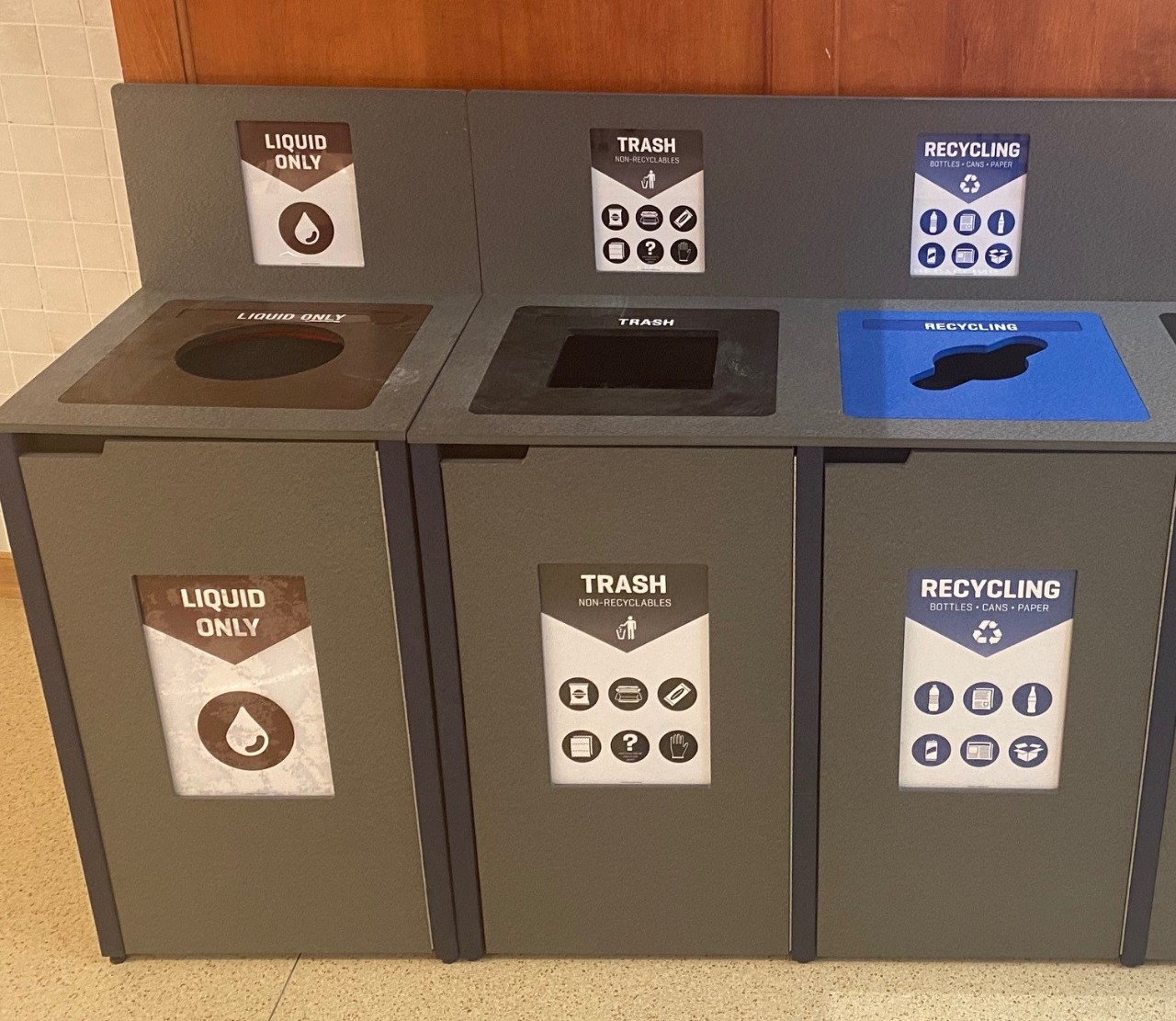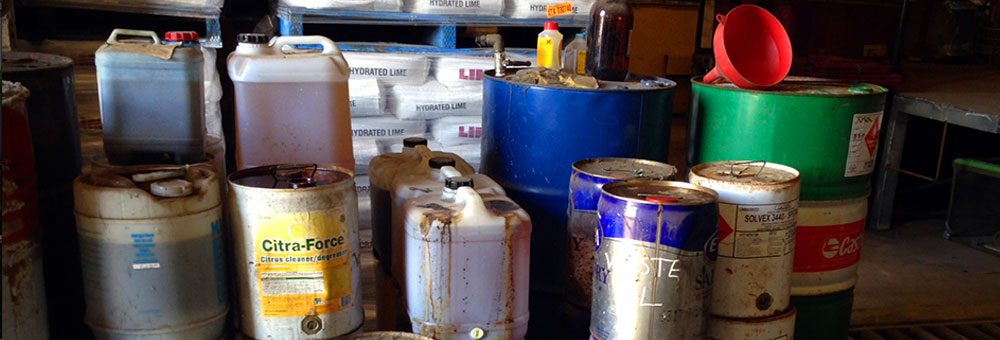Specialist Liquid Waste Removal Melbourne: Keeping Your Environment Tidy
Specialist Liquid Waste Removal Melbourne: Keeping Your Environment Tidy
Blog Article
Understanding the Comprehensive Process of Fluid Garbage Disposal: Finest Practices and Environmental Influence Factors To Consider
The administration of liquid waste disposal is a diverse problem that needs an extensive understanding of different best techniques and their associated environmental effects. From the kinds of fluid waste created to the methods employed for collection, therapy, and last disposal, each action plays a critical duty in securing environments and public health.
Kinds Of Fluid Waste
Comprehending the numerous sorts of liquid waste is important for reliable administration and disposal techniques. Fluid waste can be extensively classified into a number of kinds, each calling for unique handling and treatment methods.
Industrial fluid waste often includes harmful materials, including heavy steels, solvents, and chemicals, generated during manufacturing processes. These wastes require rigorous regulatory compliance to safeguard human wellness and the environment. Domestic fluid waste primarily refers to wastewater generated from homes, including sewer and greywater, which, although much less hazardous, can still pose significant dangers if improperly managed.
Agricultural fluid waste, consisting of drainage from farms, often includes fertilizers and pesticides that can lead to environmental degradation otherwise dealt with sufficiently. Clinical liquid waste, produced from health care facilities, includes contaminated fluids such as bodily fluids and chemicals, requiring specialized disposal methods to avoid infection and environmental contamination.
Finally, oil and oil waste, normally produced by restaurants and automobile markets, can trigger extreme obstructions in drain systems otherwise handled correctly. Comprehending these categories promotes targeted strategies for therapy, compliance with policies, and effective disposal approaches, ultimately advertising ecological sustainability and public health and wellness safety.

Collection Techniques
Efficient collection approaches are essential for the correct management of fluid waste, making sure that it is gathered safely and effectively prior to therapy or disposal. Various methods are used relying on the type of liquid waste produced, the quantity, and the specific features of the waste.
One usual approach is using committed collection containers or sumps, which are developed to record liquid waste at the source. These systems commonly incorporate pumps that promote the transfer of waste to larger storage space containers or treatment centers. Furthermore, mobile collection devices furnished with vacuum modern technology are utilized in situations where waste is generated periodically or in hard-to-reach locations.
For industrial setups, closed-loop systems can properly decrease spills and leaks, permitting the recuperation and reuse of liquid waste. It is additionally necessary to educate workers on correct collection procedures to reduce dangers related to harmful materials.
In addition, carrying out regular upkeep schedules for collection equipment makes certain optimum performance and security. The assimilation of sophisticated surveillance systems can enhance collection efficiency by offering real-time data on waste levels and potential hazards. On the whole, efficient collection techniques are fundamental to lasting fluid waste monitoring methods.
Therapy Procedures
Therapy procedures play a vital duty in the monitoring of fluid waste, changing possibly harmful products right into recyclable sources or risk-free effluents - liquid waste disposal. These processes can be extensively categorized into physical, chemical, and organic techniques, each tailored to resolve certain pollutants present in the waste stream
Physical therapy approaches, such as sedimentation and filtration, work by eliminating put on hold solids and particle issue. These methods are often the very first step in the treatment chain, successfully lowering the tons on subsequent procedures. Chemical treatments entail the use of reagents to neutralize harmful substances, precipitate hefty steels, or oxidize natural pollutants, consequently enhancing the safety and security of the effluent.
Organic therapy procedures, including activated sludge systems and anaerobic digestion, profit from the all-natural capabilities of microbes company website to degrade raw material. These methods are particularly effective for wastewater having naturally degradable pollutants. Advanced therapy modern technologies, such as membrane filtering and advanced oxidation processes, are significantly employed to attain higher degrees of filtration.
Including a mix of these therapy methods not just ensures conformity with regulatory standards yet additionally promotes ecological sustainability by recouping valuable sources from fluid waste.
Disposal Options
How can organizations ensure the secure and responsible disposal of liquid waste? Reliable disposal choices are critical for securing public health and wellness and the setting. The main techniques consist of land therapy, disposal, and incineration followed by discharge into metropolitan wastewater systems.
Land disposal includes the cautious containment of liquid waste in marked garbage dumps, ensuring that it does not seep right into bordering dirt or water. Incineration, on the various other hand, subjects liquid waste to heats, transforming it into ash and gases, which require appropriate filtering to lessen exhausts. This method appropriates for hazardous wastes that can not be treated with conventional methods.
In situations where liquid waste can be treated, organizations may opt for chemical or biological therapy procedures to neutralize hazardous elements prior to releasing the dealt with effluent into municipal systems. This course commonly straightens with governing demands, ensuring that the effluent meets security criteria.
Eventually, organizations must conduct comprehensive assessments of each disposal alternative to establish its viability, thinking about variables such as waste structure, governing compliance, and possible threats to health and the environment. By picking proper disposal methods, companies can add to a liable waste monitoring strategy.
Environmental Effect
The environmental effect of liquid waste disposal is a critical factor to consider for organizations looking for to lessen their environmental footprint. Furthermore, the discharge of untreated or inadequately treated waste right into surface area waters can result in eutrophication, leading to oxygen depletion and the succeeding explanation death of fish and other microorganisms.

To minimize these effects, companies should adopt ideal methods such as applying extensive waste treatment processes, promoting recycling and reuse, and adhering to governing standards. By taking a positive approach to fluid waste monitoring, entities can considerably lower their ecological impact while sustaining sustainable development objectives. Eventually, a thorough understanding of the environmental impacts related to fluid waste disposal is necessary for informed decision-making and accountable stewardship of all-natural resources.
Conclusion
Efficient administration of fluid waste is vital for guarding environmental honesty and public health. Inevitably, an extensive understanding of fluid waste disposal not just reduces environmental effects but also cultivates a commitment to accountable source administration and ecological stewardship.
The administration of fluid waste disposal is a multifaceted issue that requires an extensive understanding of various best methods and their connected environmental impacts. From the types of fluid waste created to the approaches employed for collection, treatment, and last disposal, each step plays a vital function in protecting communities and public health and wellness.The environmental influence of fluid waste disposal is a crucial consideration for companies looking for to lessen their eco-friendly impact. Inevitably, a comprehensive understanding of the environmental impacts connected with liquid waste disposal is essential for notified decision-making and accountable stewardship of all-natural resources.
Eventually, a thorough understanding of fluid waste disposal not just alleviates environmental influences yet likewise promotes a commitment click over here to responsible resource administration and environmental stewardship.
Report this page